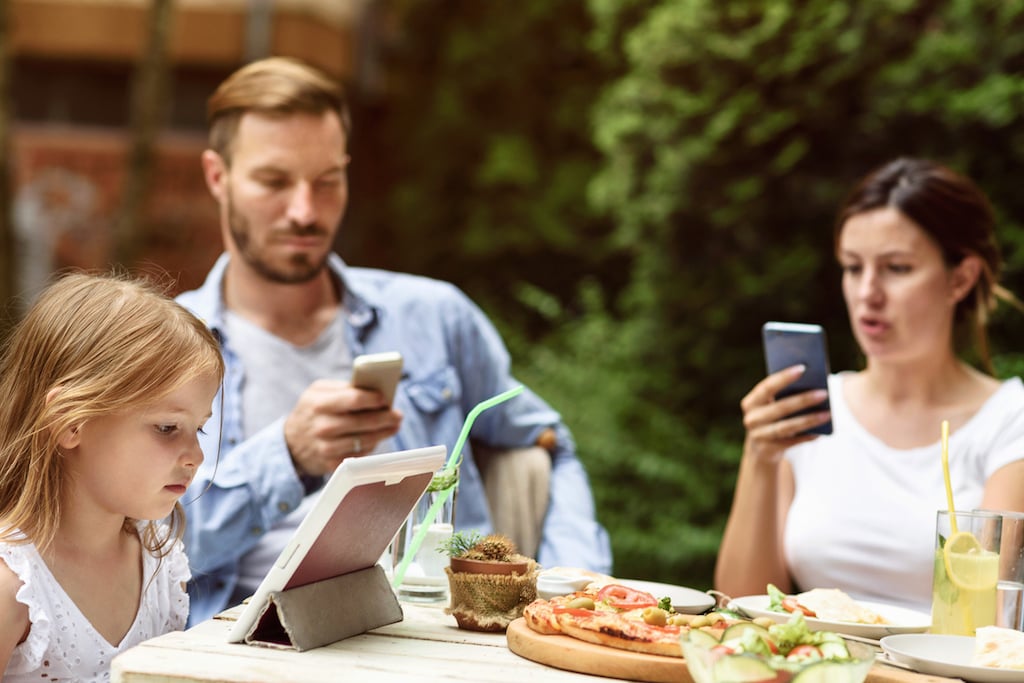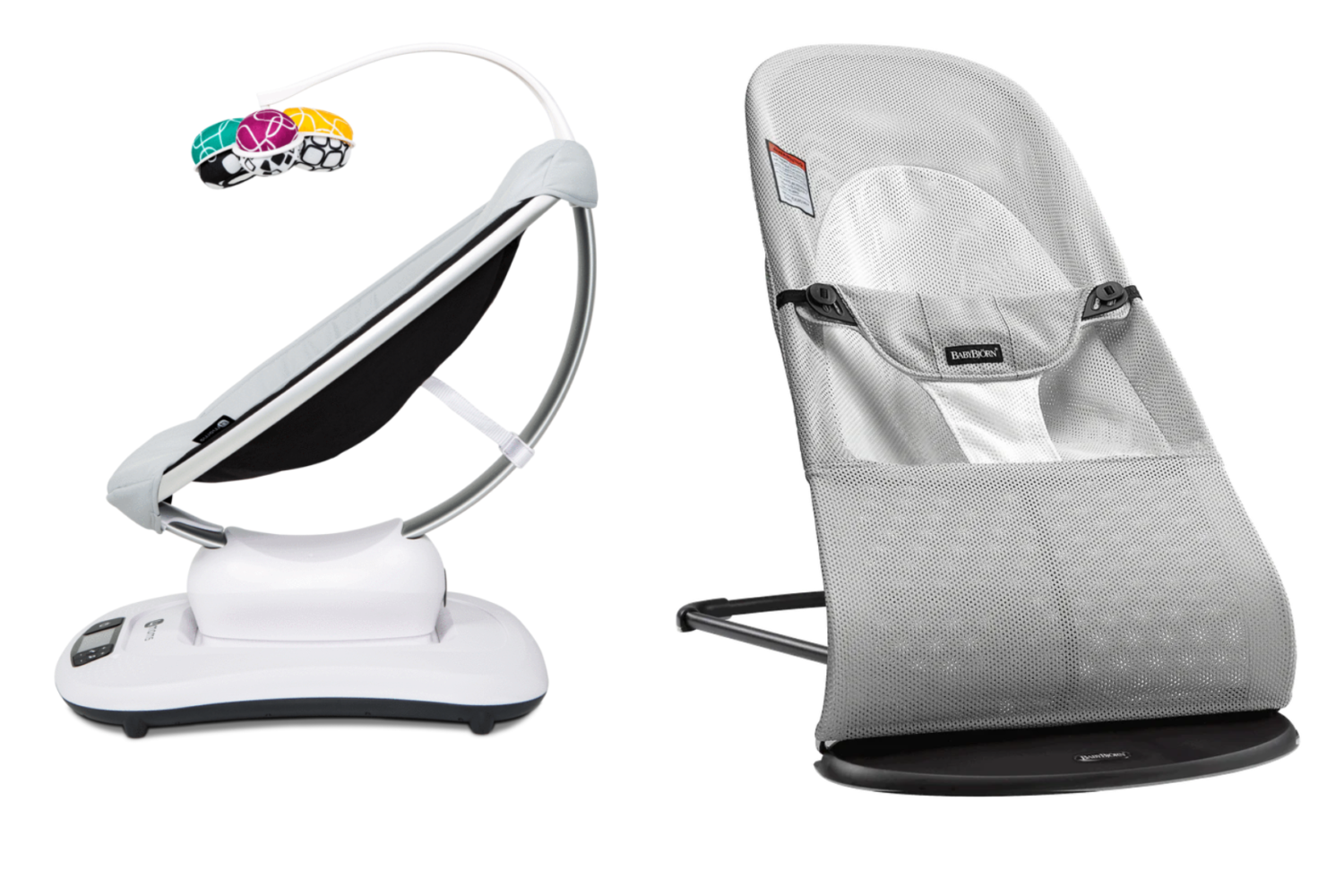During a recent meal out with my family, I noticed a number of children at tables around us glued to various screens. There was a tween texting. A little boy playing an educational video game. A high schooler browsing the web. A kindergartener watching a movie.
It was depressing. Not because they were on screens, but because of what they weren’t doing.
These children were staying out conversations and interactions with their family and friends who were with them, thereby missing out on valuable bonding time that could be enriching on so many levels. Additionally, they were failing to focus on their food, so they weren’t truly appreciating their meals. They were experiencing the equivalent of sitting alone in a basement eating protein bars.
I’ll admit that my wife and I used to regularly bring a Kindle with us when we dined out with our now-four-year-old son, but we no longer do that. Since we have a rule that no screens are allowed at the dinner table at home, it seemed natural to carry that rule over to restaurants. Meals are one of the few times we can pause for a minute as a family, catch up, and enjoy each other’s company. Why destroy those rare occasions with screens?
I’m not saying don’t bring distractions for your child when you’re dining out. I know all too well that kids’ attention spans can be short and they can quickly become less-than-desirable dining companions if they’re not entertained in some way at a certain point in the meal. We usually bring a coloring book and crayons (or another low-impact craft project) for our son, since he’s a passionate little artist. Occasionally, we bring along an individually packaged Lego minifigure, which he’ll assemble and use as the central character in storylines he creates on the spot. Books are another excellent diversion, though you have to be careful that any from the library don’t get stained or drenched.
These forms of entertainment don’t result in a zoned-out zombie who can’t hear anything because he’s got ear buds in and doesn’t see much of anything beyond the screen in front of him.
We try not to deploy any of these entertainments until after we have had time together as a family and he has eaten his dinner. This creates a chapter in the meal when my wife and I can have our own conversation. It may not be a private chat, but it’s still time for us to focus on each other for a few minutes–a rarity in the busy world of parenting.
As we head home afterward, we always have something to discuss as a family: what we thought of our meals and what our son created, read, or played out in his imagination. It’s more valuable family time that a screen could never give us.

















